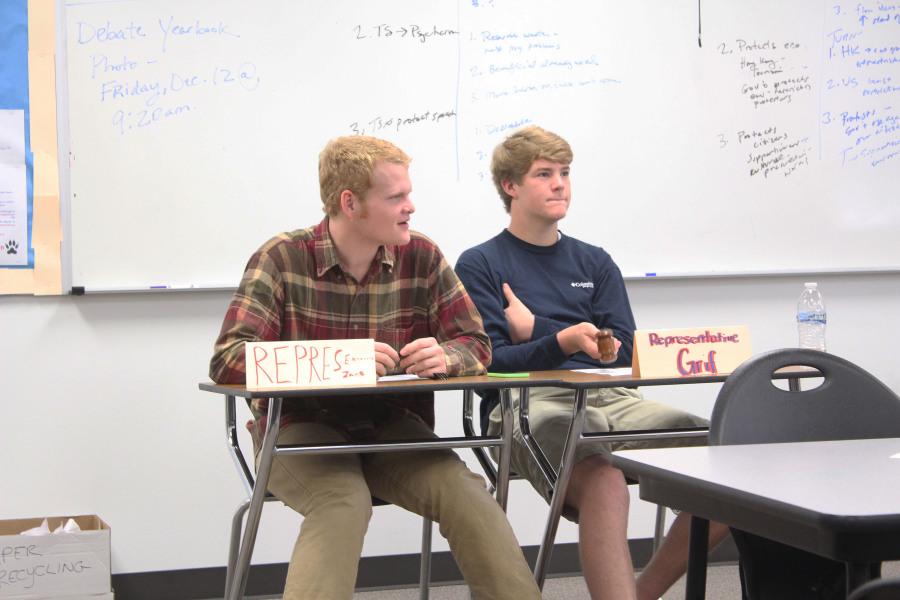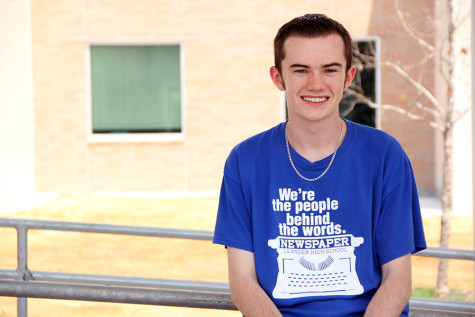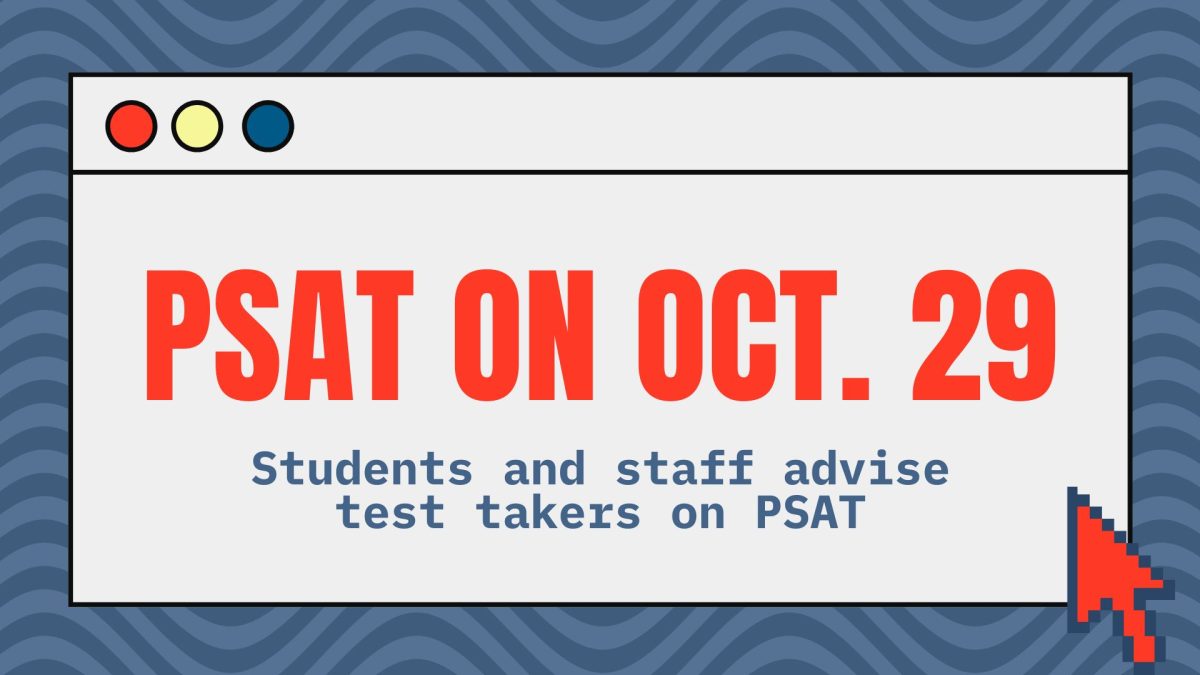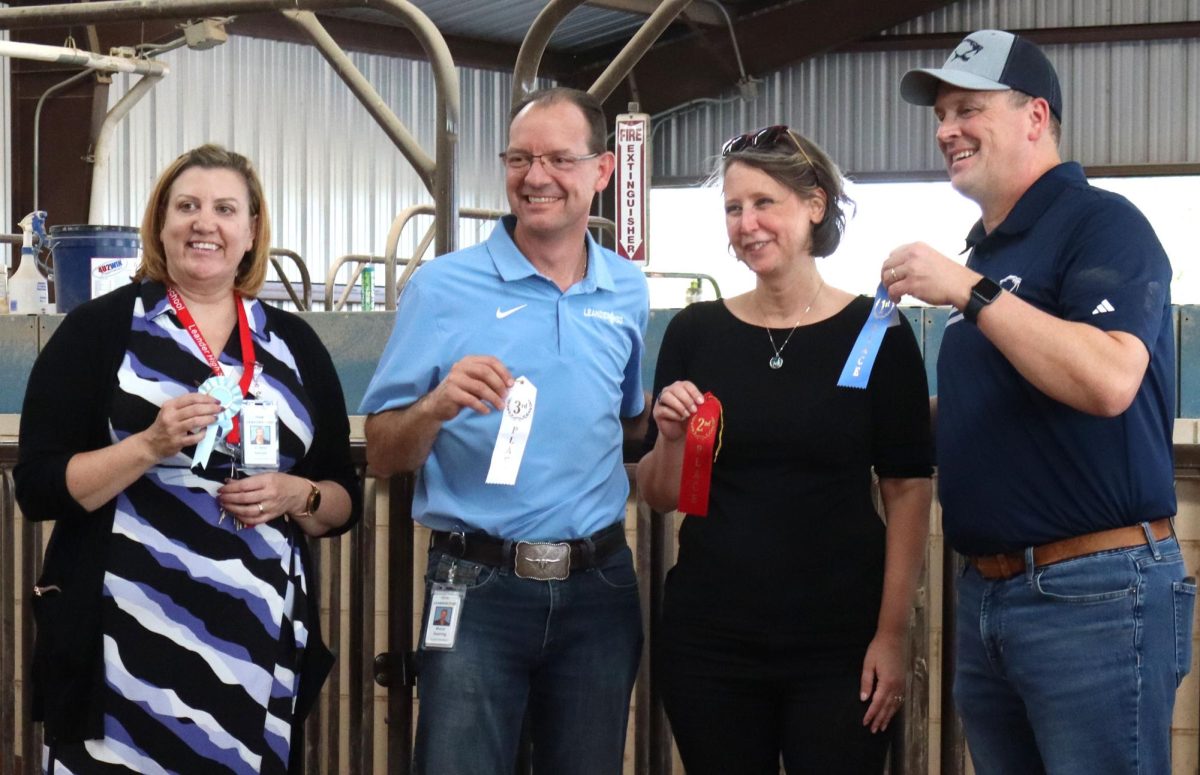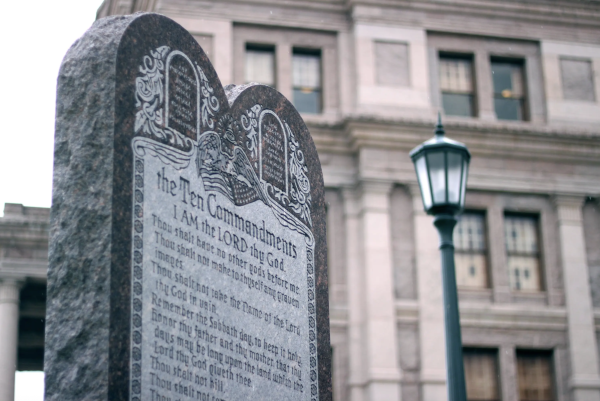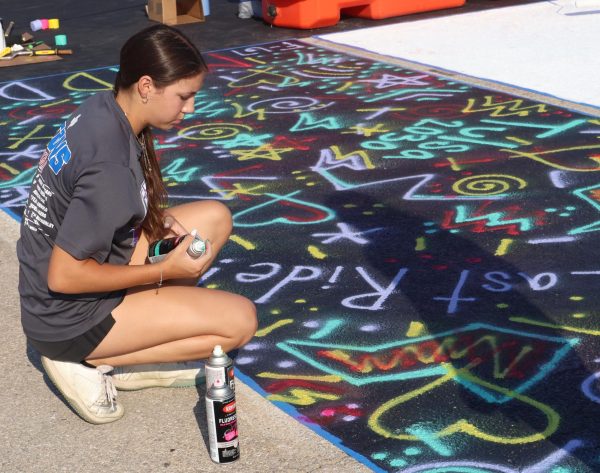Student Congressional Debate is in Session
Senior Griffin Mavis performs as the presiding officer and senior Zane Hudson performs as the parliamentary during the student congress
December 10, 2014
In Communication Applications, or Speech, teacher Terry Hunt is now holding a student congressional debate during his classes.
Students are asked to come up with a bill or resolution and are asked to present it and debate it in class in a legislative fashion.
“Student congress is basically an exercise that incorporates all of the elements of the communication course which are interpersonal communication skills, small group, problem solving skills, and public speaking skills,” Hunt said, “and incorporates it all into one exercise so it’s like the final of all of the different skills that we’ve learned within the course.”
A part in the congress is the voting of a parliamentary and presiding officer. The students that are voted into these roles will play that role throughout the congress. The presiding officer is in charge of setting the docket and the order of the bill/resolution presentations, and the presiding officer and parliamentary also facilitate the student congress. There are different presiding officers and parliamentarians throughout each day that are assigned by popular vote from the first day (most popular goes first, second popular goes second, etc.), and parliamentarians are voluntary.
“I think it is positive because we don’t always get a chance to argue without getting personal about it,” junior Emilee Earthman said, “and we can state our opinions without people being like ‘no that’s stupid,’ and we can talk through issues better in the congress than we’d be able to in the regular classroom setting”.
Along with the parliamentary and the presiding officer the rest of the students are the floor which basically run the congress and decide when to vote and when to present the next bill. The students must also have a 2/3 vote to begin voting on the bill or resolution. All students receive a grade based on their speeches and participation.
“The purpose for it to be student run is to show those students how to take responsibility for their own learning, and understand democracy and how democracy works,” Hunt said, “and in order to do that, you have to give the students the power to actually learn how to make decisions for themselves and take responsibility for their actions”.


